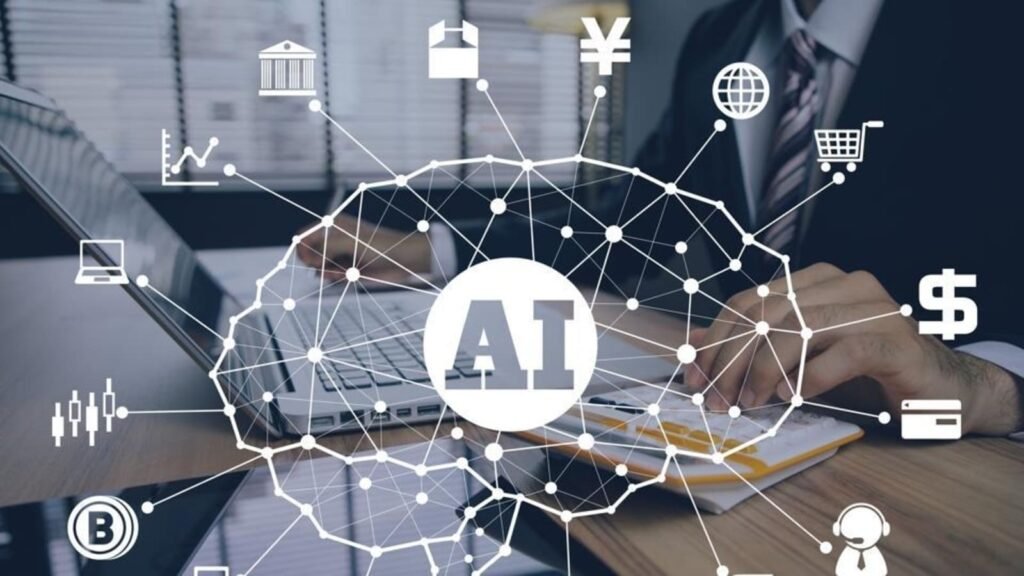Introduction
In a bold move that has sent ripples across the tech and investment sectors, OpenAI’s Chief Financial Officer has announced a new corporate restructuring that could potentially lead to an Initial Public Offering (IPO). This development marks a pivotal shift for the AI giant, widely known for its revolutionary contributions to artificial intelligence, including ChatGPT, DALL·E, and Codex. The reorganization is more than just administrative—it signals OpenAI’s growing ambitions and evolving role in the global tech economy.
OpenAI’s New Structure: A Strategic Evolution
OpenAI was originally founded as a non-profit research lab with a mission to ensure that artificial general intelligence (AGI) benefits all of humanity. However, in 2019, the organization adopted a “capped-profit” model, forming OpenAI LP—a hybrid structure aimed at balancing profit motives with ethical goals. The recent changes build on that framework, giving OpenAI more operational flexibility, transparency, and scalability—key attributes for companies eyeing the public markets.
Key Takeaways from the Restructure:
- Increased Governance Clarity: By refining its internal governance, OpenAI aims to provide clearer decision-making processes and accountability to potential investors.
- Investor Readiness: The new structure could attract institutional investors who require corporate stability and transparency before committing capital.
- Global Expansion Potential: A publicly traded OpenAI would have increased funding capacity for international expansion, product development, and competitive positioning.
Why an OpenAI IPO Matters
An IPO would be a landmark event not just for OpenAI but for the broader AI ecosystem. Here’s why:
1. Market Validation of AI Technology
Going public would validate AI as a cornerstone of the tech economy, much like how Google’s and Facebook’s IPOs did for search and social media. It would reinforce AI’s centrality to innovation across industries—from healthcare and finance to transportation and education.
2. Enhanced Capital Access
Public markets offer a deep pool of capital. For a company like OpenAI, which requires substantial resources to develop large language models and computational infrastructure, this could accelerate research and product deployment significantly.
3. Regulatory and Ethical Scrutiny
An IPO would place OpenAI under the regulatory microscope, compelling it to address ethical concerns and governance standards at a higher level. This increased scrutiny could build public trust in AI technologies.
Challenges on the Road to IPO
Despite the promise, several challenges remain:
- Ethical Commitment vs. Profit: Balancing OpenAI’s original mission with shareholder expectations could become complex.
- Geopolitical Risks: As an AI leader, OpenAI operates in a politically sensitive space where international regulations and policies could impact business decisions.
- Talent Retention: Going public often shifts company culture. Maintaining a research-driven ethos while scaling operations will require strong leadership and internal alignment.
Implications for the AI Industry
OpenAI’s restructuring and potential IPO could set a precedent for other AI companies. As startups and enterprises increasingly look toward public markets, OpenAI’s path could serve as a blueprint for combining innovation with responsible growth.
Competitors and Collaborators to Watch:
- Google DeepMind
- Anthropic
- Cohere
- Mistral AI
- Meta and Microsoft AI divisions
These organizations may follow suit, accelerating the commercialization of AI technologies and bringing more transparency to the field.
Investor Sentiment and Market Reaction
Early reactions from investors and market analysts have been optimistic. Many see this as a natural next step for OpenAI as it solidifies its position in a trillion-dollar AI race. The potential IPO also aligns with the growing trend of technology firms reshaping global markets through public capital.
Conclusion
OpenAI’s CFO has opened the door to a transformative future by hinting at a potential IPO following the company’s latest structural realignment. As the organization prepares for what could be one of the most anticipated public offerings in tech history, industry observers, investors, and consumers are watching closely. Whether or not OpenAI goes public soon, one thing is clear: the landscape of artificial intelligence is evolving rapidly—and OpenAI is at its forefront.


